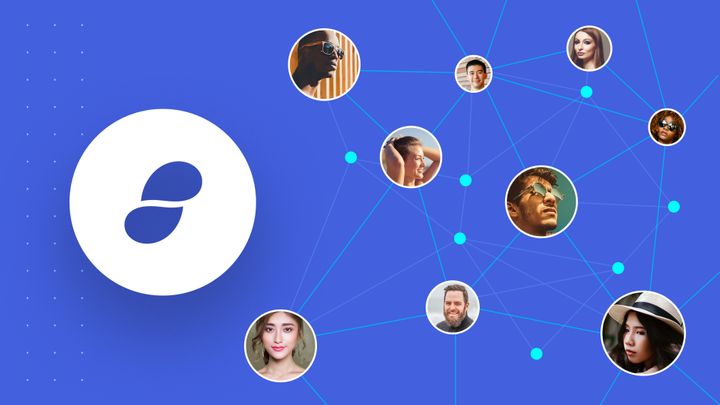What are you trying to achieve?
We’re here to build out the People Ops function for Status.
As a fully distributed, decentralized, and fluid network of around 100 team member contributors (and a wider network of hundreds of community contributors), getting our arms around this continuously evolving network of people has been a fun challenge. Being immersed in the philosophy behind this new type of tech and how it influences our governance has also been incredibly enriching.
We’ve had to change our thinking from ‘employee/employer’ relationships, with People Ops’s role as an organiser of people, to a ‘contributor/community’ ecosystem, with People Ops as a resource to contributors. Essentially, we’re here to serve, not steer. On a very basic level, we started by doing away with thinking and language that originated in classic HR principles, but didn’t match our reality. Employees and contractors are team members, and team members are merging with ‘external’ contributors to become one community.
We want to rethink People Ops in way that not only reluctantly aligns with Status’s vision of decentralization, but fully embraces it.
As a People Ops function, you have a choice to look at decentralization as chaos, and be terrified of it - we can totally understand the fear, and the temptation to build processes around it to mitigate what you worry could turn into disorder. Alternatively, we like to think - wow, the possibilities for creativity and collaboration here are endless, and this is a huge opportunity for both for our contributors and for the wider world.
Our job is not to create corporate policies that serve the organisation and tie people up in bureaucracy, but provide behind-the-scenes support to our people to free them up to make their best contribution to the community.
A lot of what’s in an HR practitioner’s toolbox is outdated. The temptation when building a People Ops function from scratch is to rush in, pull tried-and-tested tools out of the bag, and put them to work. You’re probably familiar with these same things that many employees find uninspiring, like: annual appraisals, rigid compensation structures, mandatory trainings, etc. It’s completely natural to fall back into processes tried before that have worked in other contexts - but this reality is very different.
In our next blog post we’ll talk about some more challenges we’re coming across in adapting People Ops for this brave new world.
Stay tuned!








